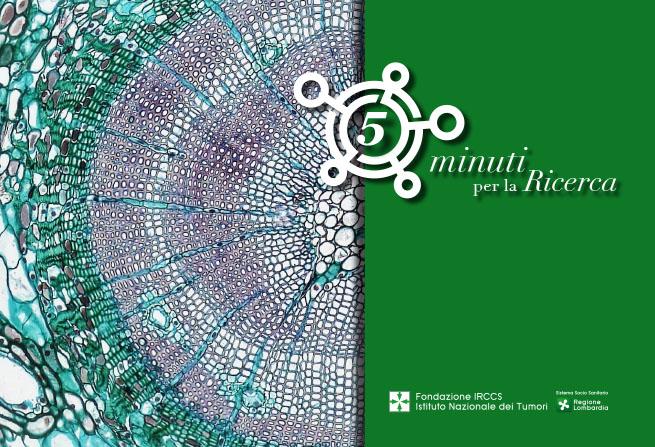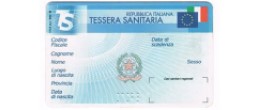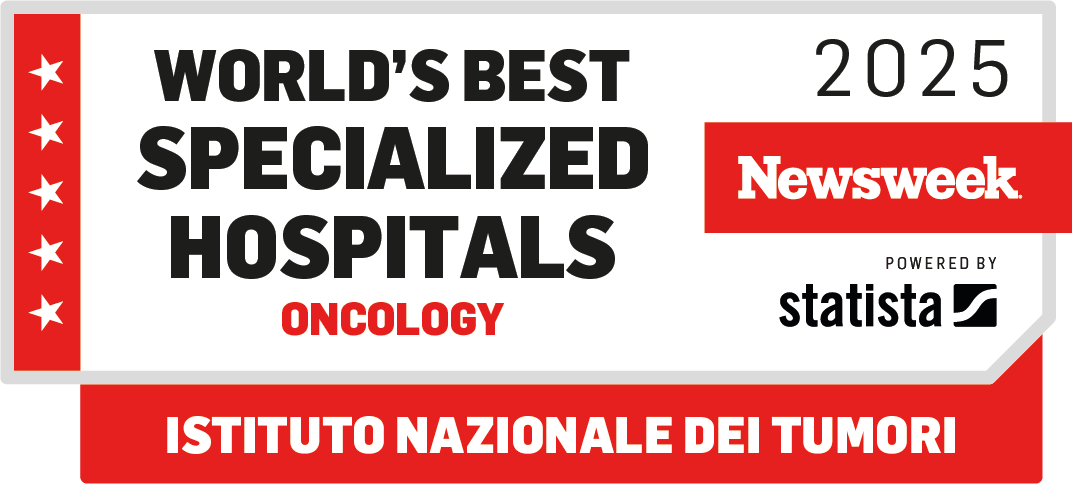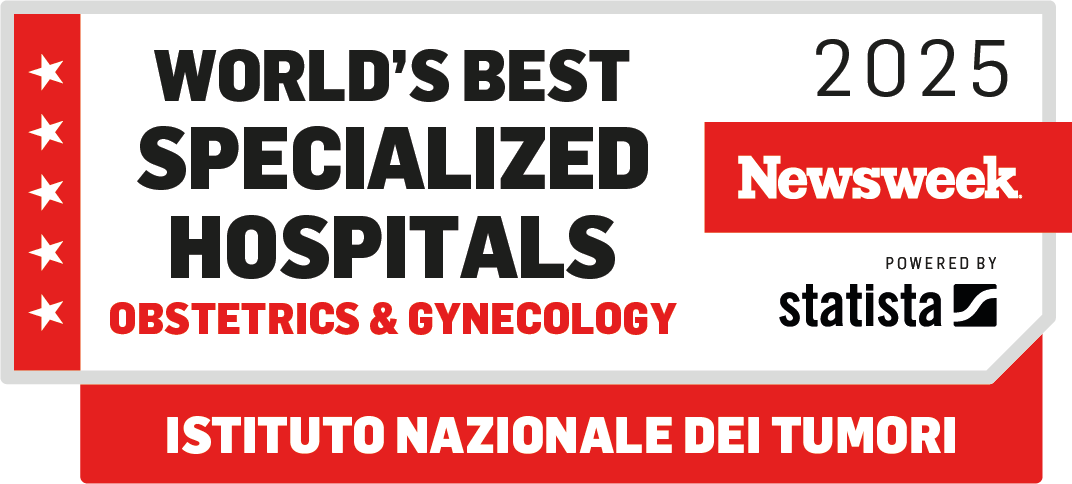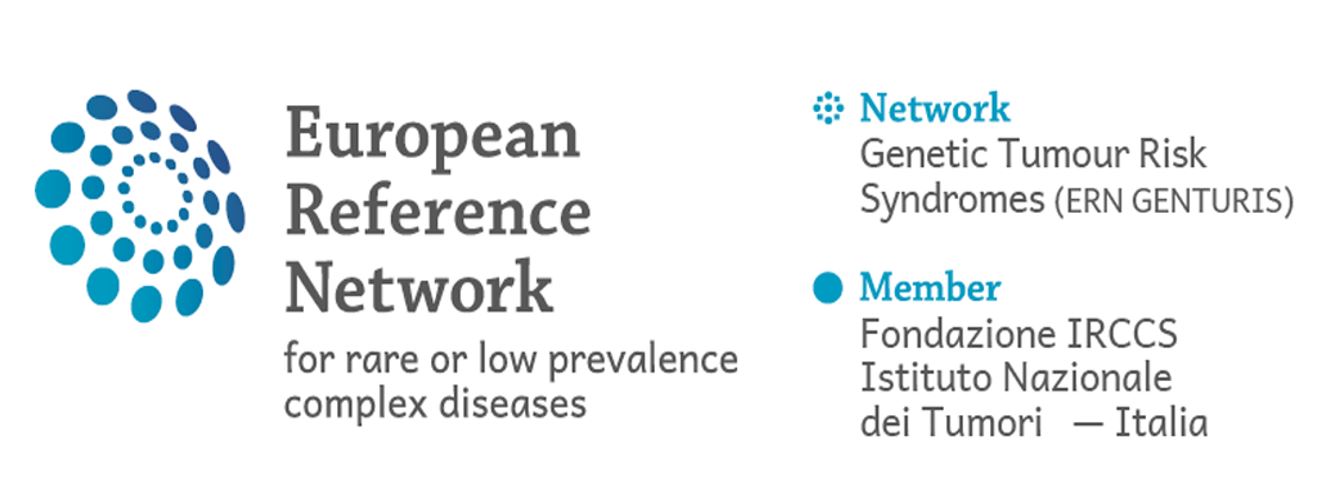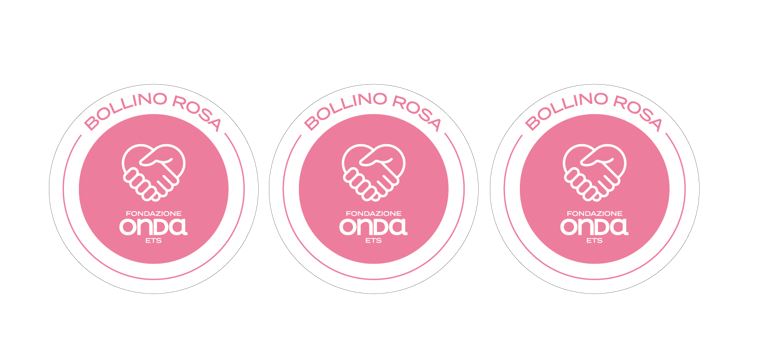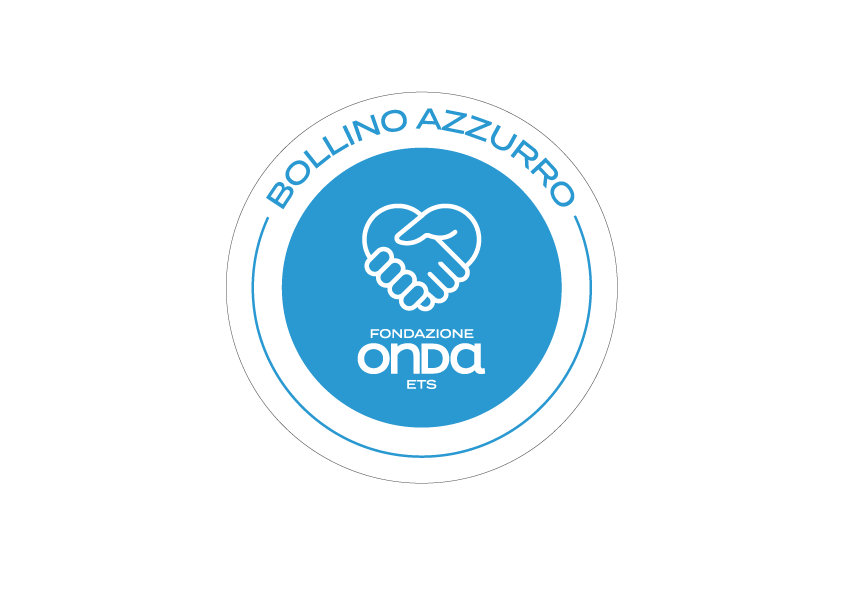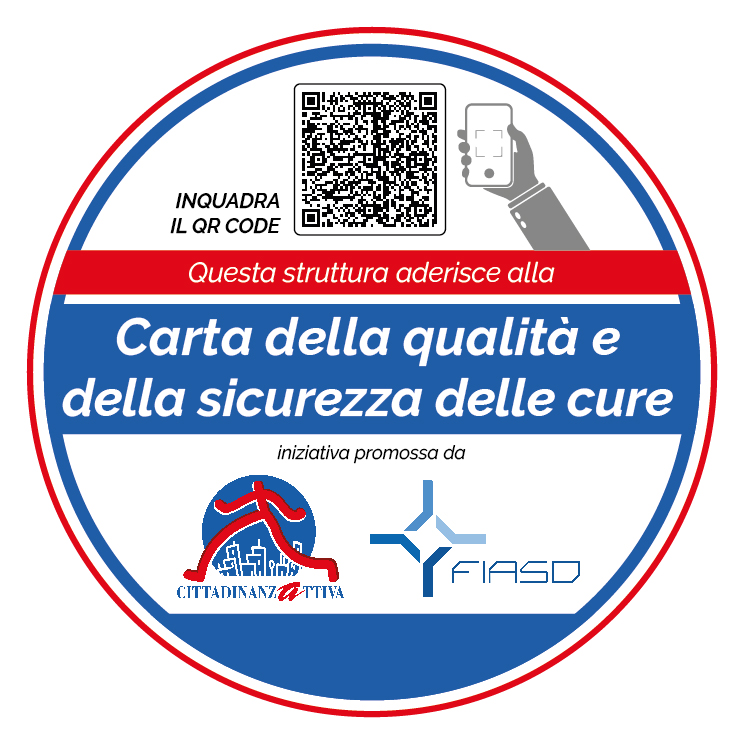S.S.D. Epidemiologia Valutativa
Evaluative Epidemiology Unit
Descrizione:
The Unit aims to evaluate the impact of tumors in the population and to study the natural history, prognostic and predictive factors of tumors also to support clinical decisions.
The Unit mainly focuses on rare cancers and cancers of childhood, adolescence and young adults. The Unit applies traditional epidemiological approaches and innovative methodologies (data interoperability solutions, mathematical models, use of artificial intelligence, etc.) to the increasing availability of different types of data.
The Unit is responsible for the clinical registry of the European Reference Network of rare adult solid cancers (EURACAN https://euracan.eu/registries/starter/) and is coordinating a European project to define a European platform for data reuse for study rare cancers.
The Unit defined and coordinates the Italian cohort of adolescent and young adult cancer survivors to study the long-term impact of cancer and its treatment. To this end, the Unit coordinates an AIRC-funded project dedicated to girls with breast cancer and is a partner in a European project that aims to define a European platform to monitor the impact of cancer in adolescents and young adults.
The Unit has a long experience in the management and analysis of large national and international population databases with which it analyzes the incidence and survival of rare tumors in different continents including Europe, United States, Asia, South America. Population databases are the basis of another international, AIRC-funded project coordinated by the Unit which aims to identify the causes of the different childhood cancer survival observed in different European countries
Research activities
- Rare Cancers
- Childhood, adolescent and young adults cancers
- New models to estimate the increased risk of non-cancer death for cancer patients
Evaluative Epidemiology Unit
Campus Cascina Rosa
The Unit aims to evaluate the impact of tumors in the population and to study the natural history, prognostic and predictive factors of tumors also to support clinical decisions.
The Unit mainly focuses on rare cancers and cancers of childhood, adolescence and young adults. The Unit applies traditional epidemiological approaches and innovative methodologies (data interoperability solutions, mathematical models, use of artificial intelligence, etc.) to the increasing availability of different types of data.
The Unit is responsible for the clinical registry of the European Reference Network of rare adult solid cancers (EURACAN https://euracan.eu/registries/starter/) and is coordinating a European project to define a European platform for data reuse for study rare cancers.
The Unit defined and coordinates the Italian cohort of adolescent and young adult cancer survivors to study the long-term impact of cancer and its treatment. To this end, the Unit coordinates an AIRC-funded project dedicated to girls with breast cancer and is a partner in a European project that aims to define a European platform to monitor the impact of cancer in adolescents and young adults.
The Unit has a long experience in the management and analysis of large national and international population databases with which it analyzes the incidence and survival of rare tumors in different continents including Europe, United States, Asia, South America. Population databases are the basis of another international, AIRC-funded project coordinated by the Unit which aims to identify the causes of the different childhood cancer survival observed in different European countries
Research activities
- Rare Cancers
- Childhood, adolescent and young adults cancers
- New models to estimate the increased risk of non-cancer death for cancer patients
(+39) 02 2390 3518
(+39) 02 2390 3516













